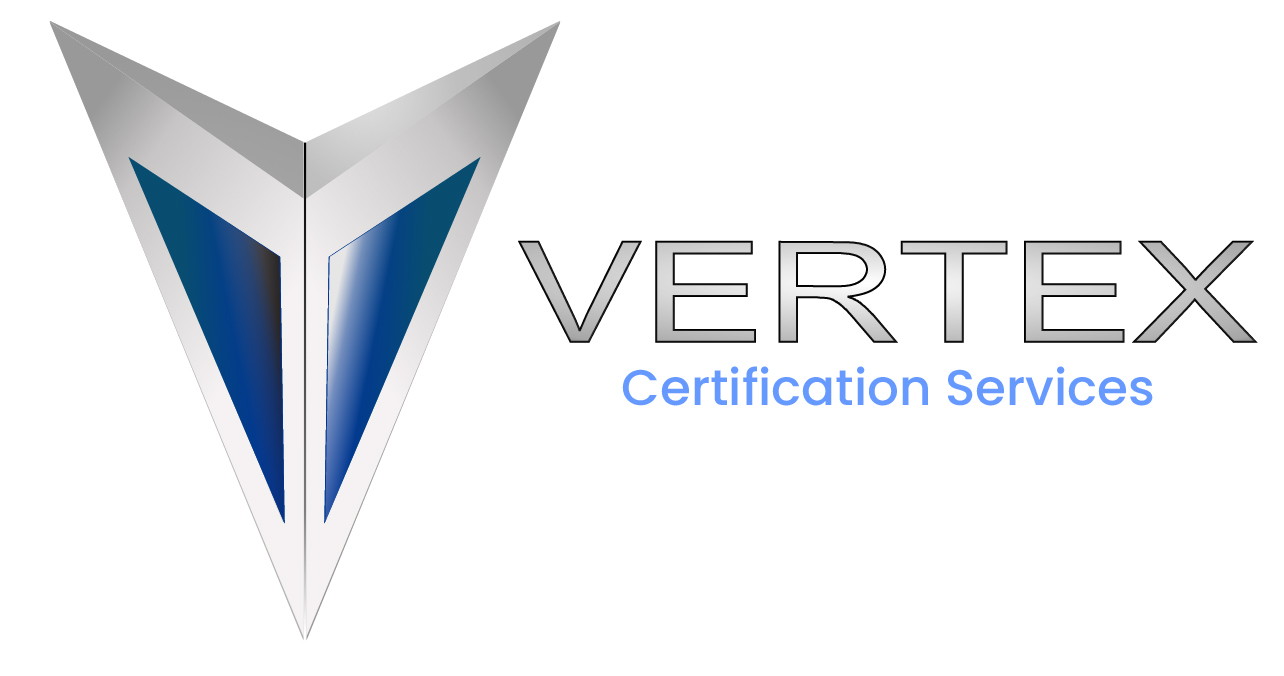
Other Services
Professionals may learn process improvement and how to lead an organization through a process to project completion through a Capability Maturity Model Integration (CMMI) training program. To help you get ready for certification, the CMMI Institute provides this course along with supplementary training. Obtaining this certification is beneficial for developing behaviours in the workplace that enhance procedures and for career growth.
CMMI targets three areas of interest
-
- Product and service development – CMMI for Development (CMMI-DEV)
- Service establishment, management, – CMMI for Services (CMMI-SVC)
- Product and service acquisition – CMMI for Acquisition (CMMI-ACQ)
These three regions, each of which had a different model before, were combined into a single model in version 2.0. A team from business, government, and the CMU Software Engineering Institute (SEI) created CMMI. CMMI models offer direction for creating or enhancing procedures that satisfy an organization’s business objectives. A CMMI model may be used as a framework for evaluating the organization’s process maturity.
Benefits of CMMI Certification
Attending and passing the certification exam for a CMMI program has numerous important advantages. This credential offers training to aid in personal growth and is applicable across many industries. Here are the main advantages to think about
-
- Improves organization operations.
- Enables improvement to be
- Produces higher-quality products.
- Increases efficiency
- Leads to professional development.
GMP (Goods Manufacturing Practices)
A method known as good manufacturing practice (GMP) is used to guarantee that goods are consistently manufactured and monitored in accordance with quality standards. It is intended to reduce any production-related risks associated with pharmaceuticals that cannot be avoided through testing the finished product. The main risks include unanticipated product contamination, which can harm health or even result in death; inaccurate labelling on containers, which could result in patients receiving the wrong medication; and an insufficient or excessive amount of active ingredient, which can lead to ineffective treatment or negative effects. GMP includes all area of production, including raw materials, space, and tools, as well as employee training and personal hygiene. Any process that can have an impact on the final product’s quality requires specific, defined procedures. Systems must exist to show written evidence that the right steps are consistently taken at each stage of the manufacturing process, each time a product is manufactured
Why is GMP important
In addition to being a health risk, low-quality medicines cost both governments and individual customers money.
HALAL
An assurance that the food is pure and prepared in line with the Islamic law is the halal certification. A product cannot be certified as halal if it contains haram ingredients, such as animals or animal by products. In India, a third-party body often this accreditation. The Jamiat-Ulama-E-Maharashtra and the Jamiat-Ulama-i-Hind Halal Trust were two such significant organizations operating in India, according to the appeal before the Supreme Court. Unlike to Arab nations where a magistrate grants the halal certification, there is no legal authority in the United States that issues the document.
Why is HALAL certification needed?
Consumers can easily find products that correspond to halal dietary requirements thanks to the halal certification. According to Research and Markets, the market for halal food is expanding rapidly and is projected to increase at a compound annual growth rate of 11.24 percent between 2022 and 2027. As a result, many businesses choose to obtain the halal certification in order to export their goods to a bigger market base.
HACCP
HACCP is a management method that addresses food safety by analyzing and controlling biological, chemical, and physical hazards throughout the production, handling, and distribution of raw materials as well as the manufacture, distribution, and consumption of finished goods. Management must be fully committed to the HACCP idea in order for a HACCP plan to be successfully implemented. Top management’s steadfast support of HACCP instils in staff a sense of the significance of creating safe food.
All areas of the food industry, including growing, harvesting, processing, manufacturing, distributing, and marketing, as well as the preparation of food for consumption, can apply HACCP. The creation and execution of successful HACCP plans depend on prerequisite initiatives like current Good Manufacturing Practices (cGMPs). HACCP-based food safety systems have been successfully implemented in food processing facilities, retail food establishments, and food service businesses. The global food industry, trade associations, and government organizations all agree on the seven HACCP principles.

